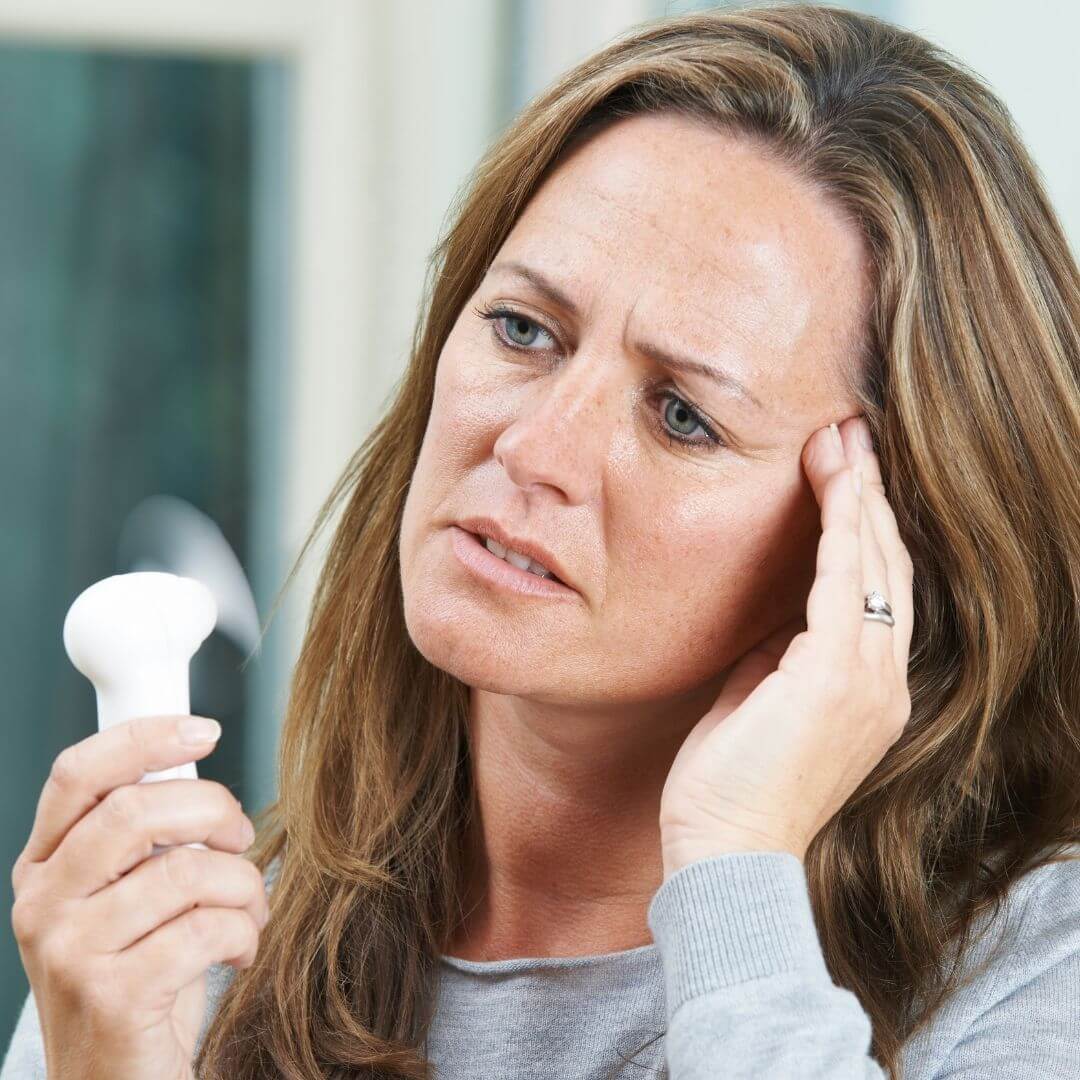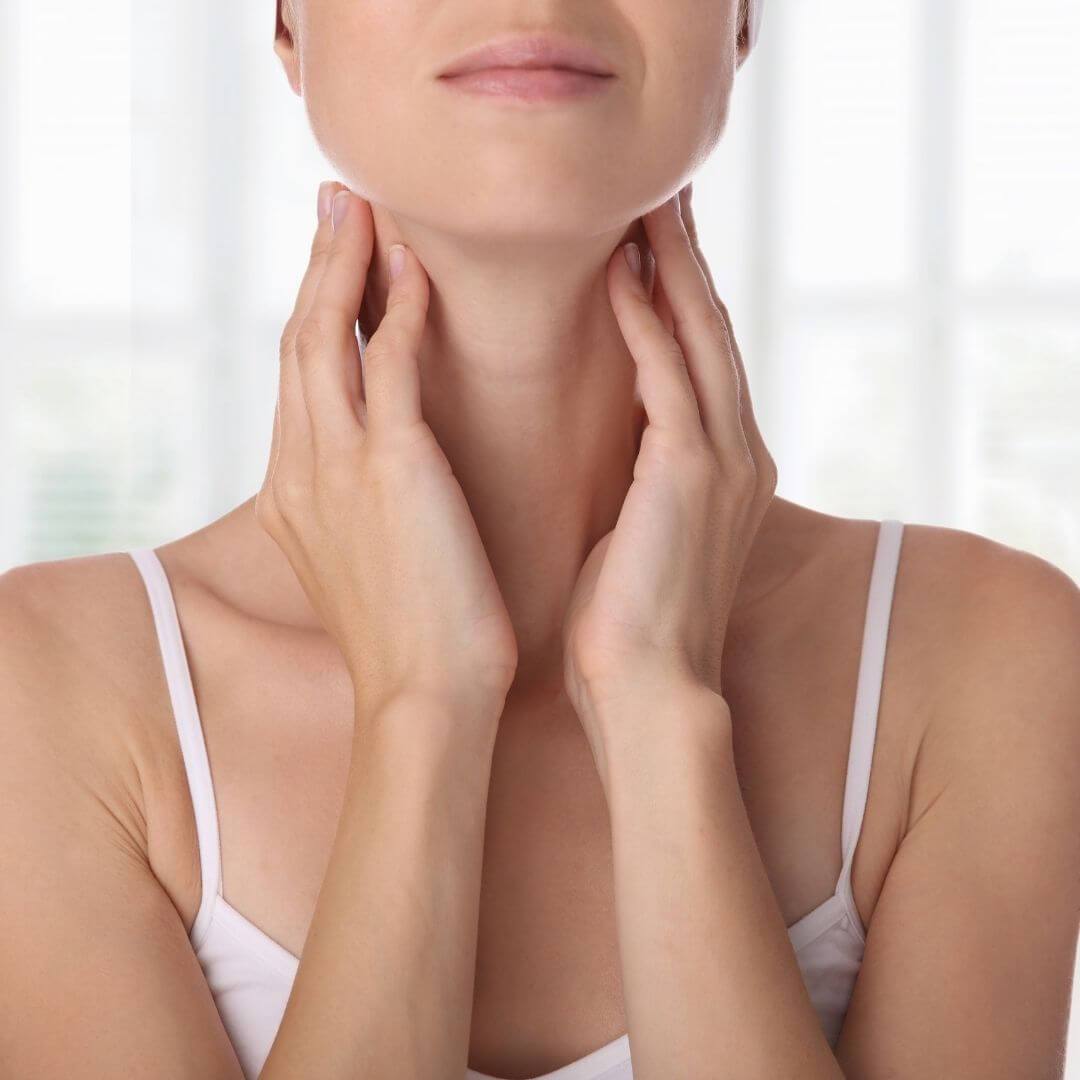Hair loss is a common woe faced by men worldwide, often shrouded in myths and misconceptions about its core causes and viable solutions. Health professionals increasingly recognize the crucial role that hormonal imbalance plays in both benign hair thinning and pronounced baldness, often a pivotal piece in the puzzle of male hair loss. Understanding the complex interplay between hormones and our precious locks is not only enlightening but an empowering step towards grappling with, and possibly even reversing, the hair loss process.
Understanding Hormonal Imbalance and Its Impact on Hair Loss in Men

Hair growth is a carefully orchestrated dance, choreographed by a myriad of factors, with hormones as the leading conductors. In men, the term "androgenic alopecia" often comes into play, heralded by dihydrotestosterone (DHT) – a male sex hormone that, when overproduced, can spell trouble for the hair follicles. But DHT is not the sole antagonist in our story of hair loss; it's joined by several other hormonal co-stars, each with a specific role in the drama of follicle dysfunction.
The Role of Hormone in Hair Growth and Maintenance
Testosterone, the primary male sex hormone, is at the crux of the hormonal orchestra governing hair growth. When testosterone encounters an enzyme called 5-alpha reductase, it can be converted into DHT, which is notorious for shrinking hair follicles and shortening the lifespan of the hair they produce. Conversely, adequate levels of hormones like thyroid hormone, cortisol, and insulin are indispensable for maintaining the vigor of hair growth.
Common Hormonal Imbalances That Contribute to Hair Loss
Hormonal imbalances come in shades of complexity, but several culprits stand out in their significance to male hair loss. Beginning with the previously mentioned DHT and 5-alpha reductase, it's also important to mention fluctuations in thyroid hormones, and, notably, testosterone levels. Reductions in testosterone can ironically lead to higher DHT relative to the diminished testosterone, further acting to weaken and miniaturize hair follicles.
How Hormonal Changes Can Affect Hair Follicles and Lead to Thinning or Balding
When the balance between supportive hormones for hair growth and disruptive actors is tipped, the hair follicles bear the brunt. DHT attaches itself to androgen receptors within the hair follicle, prompting a sequence of reactions that eventually result in the miniaturization of the follicle. This means that, over time, the hair that grows from these follicles becomes finer and shorter until it stops growing entirely, leaving behind a barren scalp.
Recognizing Symptoms and Causes of Hormonal Imbalance-Related Hair Loss
Understanding the defining characteristics of hormonal imbalance-related hair loss is key to timely intervention and effective management. It's not merely about the aesthetic loss of hair but a barometer for deeper health issues that warrant attention.
Symptoms of Hormonal Imbalance: Changes in Hair Texture, Shedding, and Bald Patches
An altered hormonal milieu often manifests in dramatic and observable changes to the hair. These include shifts in hair texture, increased shedding visible on pillows, in the shower, and among hairbrush bristles, and the emergence of bald patches or a gradually receding hairline—tell-tale signs that hormones could be the orchestrators behind the shedding spectacle.
Causes of Hormonal Imbalance in Men: Age, Genetics, Medical Conditions, and Lifestyle Factors
While the aging process is a leading factor in unfolding hormonal imbalances, genetic predispositions can herald these changes much earlier in some men. Medical conditions such as hypothyroidism or hyperthyroidism, diabetes, and obesity are also known disrupters of hormonal homeostasis. Lifestyle factors like stress, poor diet, lack of exercise, and even overconsumption of certain dietary supplements can contribute to surges in DHT and other detrimental hormonal shifts.
Identifying the Specific Hormones Involved in Hair Loss and Their Effects on the Hair Growth Cycle
Understanding which hormones are the prime instigators of hair loss allows for a more targeted approach towards intervention. A comprehensive evaluation of testosterone, DHT, thyroid hormones, cortisol, and insulin provides a nuanced understanding of how each hormone, when disrupted, can wreak havoc on the hair growth cycle, rendering it dysfunctional and leading to hair loss.
Effective Treatments and Management Strategies for Hormonal Imbalance-Related Hair Loss

The good news for men who link their hair loss to hormonal imbalances is that several pathways towards treatment and management exist. From medical avenues that harness hormone-altering medications to natural lifestyle shifts that can nudge hormonal levels back into harmony, there are steps every man can take to address this condition.
Medical Treatments: Hormone Replacement Therapy and Other Prescription Medications
For men grappling with severe hormonal imbalances, hormone replacement therapy has seen notable success in restoring a more favorable hormone profile. This can involve supplementation with synthetic hormones or medication that targets specific hormones, such as 5-alpha reductase inhibitors, which prevent the conversion of testosterone into DHT. Minoxidil, a vasodilator originally used to treat high blood pressure, is another effective medication that, when applied topically, can combat hair loss attributed to hormonal imbalances.
Lifestyle Changes: Diet, Exercise, and Stress Management to Balance Hormones Naturally
A holistic approach to combating hormonal imbalance-related hair loss encompasses lifestyle adjustments that harmonize naturally with the body's complex hormonal cascades. Adopting a balanced diet rich in vitamins, minerals, and antioxidants is instrumental. Regular exercise, particularly resistance training that boosts testosterone levels, complements dietary changes by influencing hormone levels beneficial to hair growth. Techniques like mindfulness meditation, yoga, and ensuring adequate rest contribute to stress reduction, which in turn aids in hormonal equilibrium.
In addition to these methods, incorporating hair care products such as DHT-blocking shampoo and conditioner, and growth-stimulating serums can play a pivotal role in men's hair loss management. These specialized products are designed to target the root cause of hair thinning and loss, offering a topical solution that works in conjunction with lifestyle and medical treatments to restore hair health.
Hair Care Products and Supplements: Support for Hair Growth and Minimizing Hormonal Imbalance Effects
The right hair care regimen can serve as an ally in the battle against hormonal imbalance-related hair loss. Choosing shampoos and conditioners that are low in harsh chemicals and high in supportive ingredients can improve the health of existing hair. Meanwhile, supplements that offer critical nutrients like biotin, saw palmetto, and vitamins known to promote healthy hair can be incorporated into the daily routine to aid in hair rejuvenation. Specialized serums and scalp treatments can also work wonders in creating a fertile environment for hair growth, even amidst hormonal turbulence.
In addition to their protective qualities, selecting the right shampoo and conditioner that specifically target DHT can be crucial for men experiencing hair loss. These products often contain DHT blockers that help prevent the hormone's harmful effects on hair follicles. Similarly, serums designed to combat hair loss can fortify the scalp's health, providing an additional layer of defense for men battling against thinning hair.
Final Thoughts
While the nexus between hormonal imbalance and hair loss is a fraught one, it's not an impasse. Men who confront this challenge with knowledge, proactive measures, and a dash of patience can often steer their follicular fortunes toward more favorable horizons. By demystifying the role hormones play in the hair loss narrative, we unlock a multitude of solutions, ensuring that no man needs to resign himself to a fate of follicular fade. If hair loss persists despite efforts to address hormonal imbalance, consulting with a qualified healthcare professional is always a prudent course of action.















